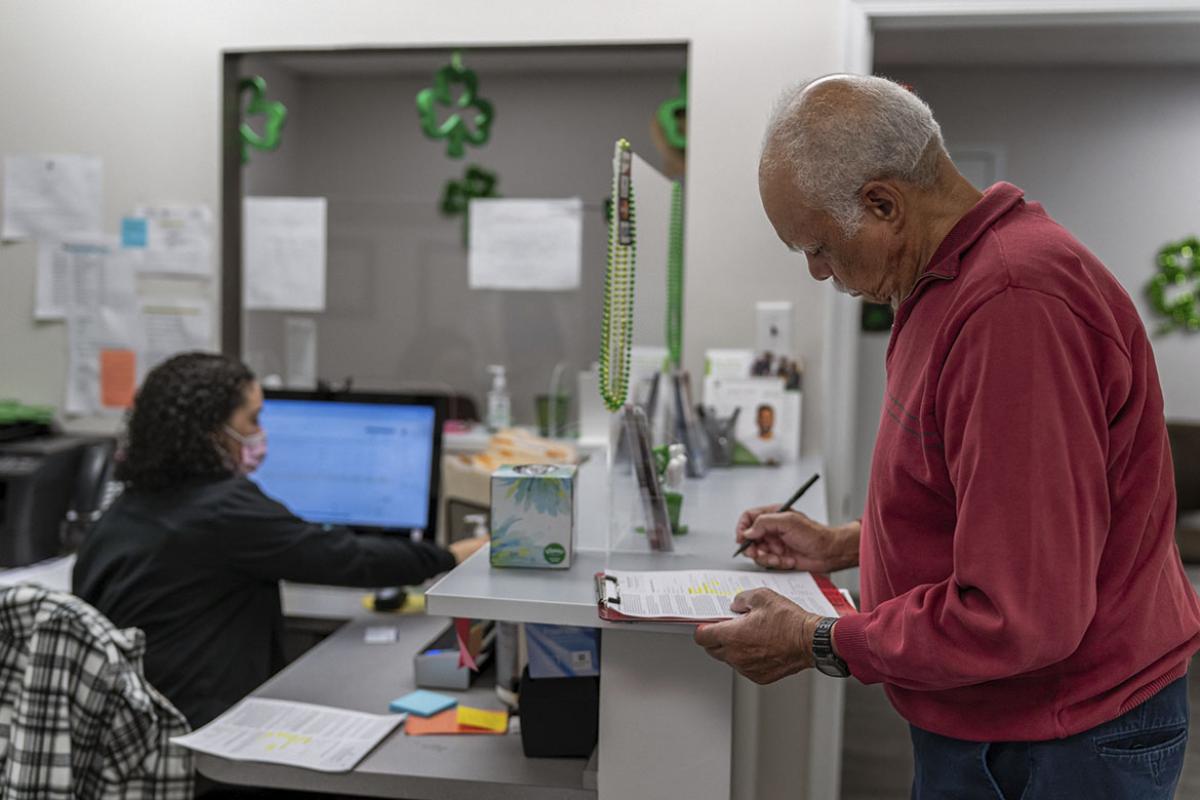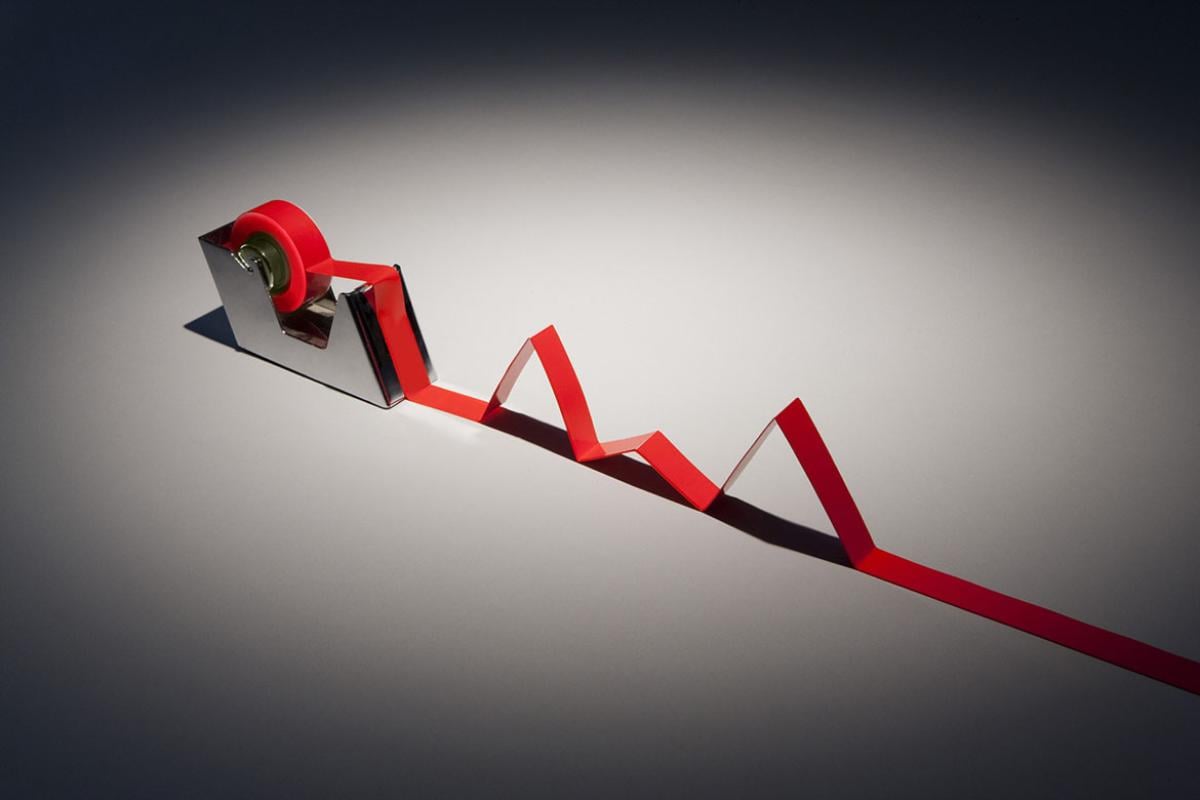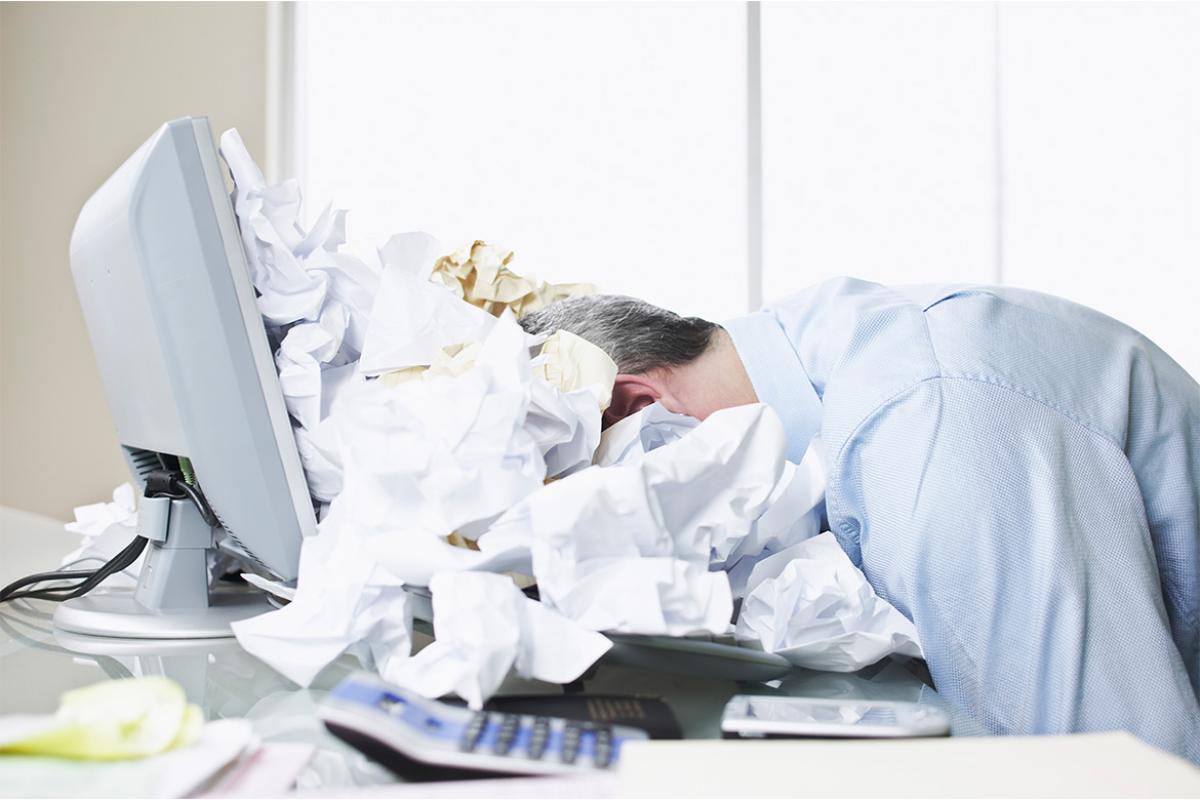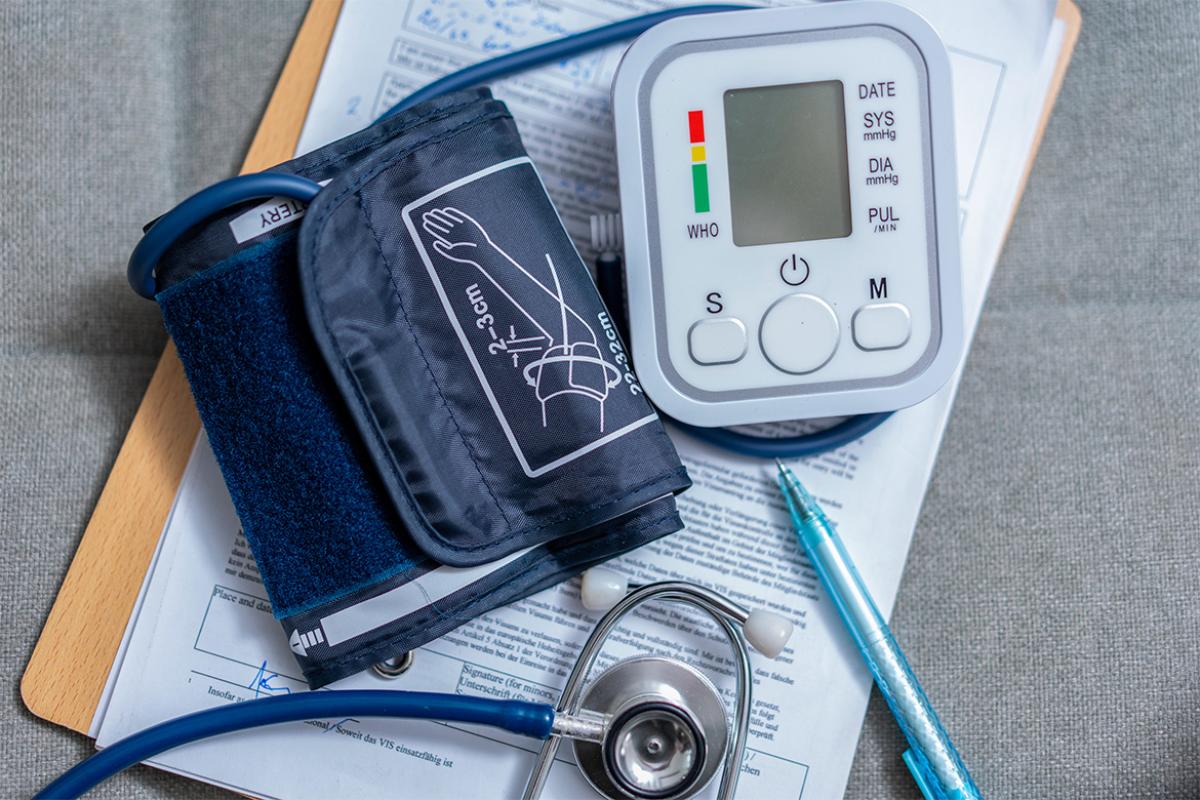Physicians and other health professionals are desperately needed during the global response to the COVID-19 pandemic. These individuals also represent one of the most at-risk populations for acquiring COVID-19. However, they face another risk: added stress. During these trying times, it is important to keep well-being in mind and address stress.
The AMA and the Centers for Disease Control and Prevention (CDC) are closely monitoring the COVID-19 global pandemic. Learn more at the AMA COVID-19 resource center and consult the AMA’s physician guide to COVID-19.
“The impact of COVID-19 is overwhelming,” said AMA member Mark Linzer, MD, director of the Institute for Professional Work Life at Hennepin Healthcare and professor of medicine at the University of Minnesota in Minneapolis. “Everybody's wrestling with what's happening and what we can best do to take care of it.”
“I am so overwhelmingly grateful to be part of this medical community,” said Dr. Linzer. “I have so much admiration and just exceptional gratitude for what our community is doing in this crisis.”
While the COVID-19 pandemic is changing by the hour, Dr. Linzer took some time to explain how to address physician stress while responding to COVID-19.
Pay attention to basic needs
In times of crisis and stress, sometimes basic needs go out the window, including food, water, safety and sleep. For example, when physicians work 14- or 16-hour days they may not think about these basic needs. Instead, they might realize they haven’t performed any in the last eight hours, said Dr. Linzer.
“Nobody's regulating well-being at all. It's just everybody's job to figure out how to get it done, and a physician's natural tendency is not to think about that very much,” he said, adding that it is important to
“start with basic needs, which is sleep, hygiene, food, water, healthy snacks, coffee.”
“Pay attention to the basic needs of the people who are working harder than before,” said Dr. Linzer.
Watch number of hours worked
Health systems should pay attention to the number of hours physicians are working and make sure they receive breaks.
“The workload is markedly escalating and it's escalating in a very unusual way,” said Dr. Linzer.
While Dr. Linzer is seeing fewer patients in the clinic, he is still fielding calls and messages to review and reassure them. And with a week of attending on the wards coming up soon, providing breaks and paying attention to hours worked can help balance the workload and reduce risk of burning out.
Share mental health support
During this time, it is also vital that health systems and physicians do not lose sight of mental health support.
“People need to know about the effects of acute and chronic stress and how to alleviate it, whether it's pushing resilience, meditation or counseling,” said Dr. Linzer. “People need lists of mental health resources because this is going to get harder before we stabilize it.”
Compassion and empathy from leadership
There is a common fear of acquiring COVID-19 and giving it to family members, loved ones or colleagues. Additionally, there is also “overwhelming information overload. I now may get 50 emails a day related to this, all of which are high-profile must read,” said Dr. Linzer, adding that a lot of physicians are unsure about “what is required and doing things that are not easy to understand, and the consequences of not getting it right feel pretty severe.”
This is where leadership in clinics, hospitals and health systems can step up and help. Leadership should continue to show compassion and empathy about what it’s like to be on the front lines and acknowledge these fears that can impact physician stress and well-being.
Learn more about the AMA’s message to the vice president that we must tackle shortages hampering the COVID-19 effort.
Distribute workweeks effectively
There may be instances when physicians or other health care workers are sent home to watch well children because schools are closed. This might also occur if someone has been exposed to a patient with COVID-19 but is feeling fine and must work from home.
When this happens, workload redistribution can help. This means “the clinicians at home can manage electronic in-basket work for the patients while the people in the hospital can manage the sick people,” said Dr. Linzer.
Maintain a culture of wellness
Throughout the response to COVID-19, health systems and hospitals must look at how to maintain a culture of wellness. This can be accomplished by including leaders in the well-being needs of physicians. They can help reduce stress in the clinicians, and the system must also watch out for the leaders’ needs to refresh and sustain.
For example, Dr. Linzer received an email from his CEO about the COVID-19 response, which was supportive of the work being done and how important it is right now. It was marvelous.
“Leader burnout was very high before we got to this, but right now I can’t imagine what our leaders are going through,” said Dr. Linzer. “They need to talk about cross training, rotating leadership just like airline pilots, and forced time away from the office.”
“This is going to be fully consuming for months and it could be many months. This needs to be the long haul, not a short one,” he said.
New measures of stress will be forthcoming and will include one that is targeted at coping with the COVID-19 crisis.



